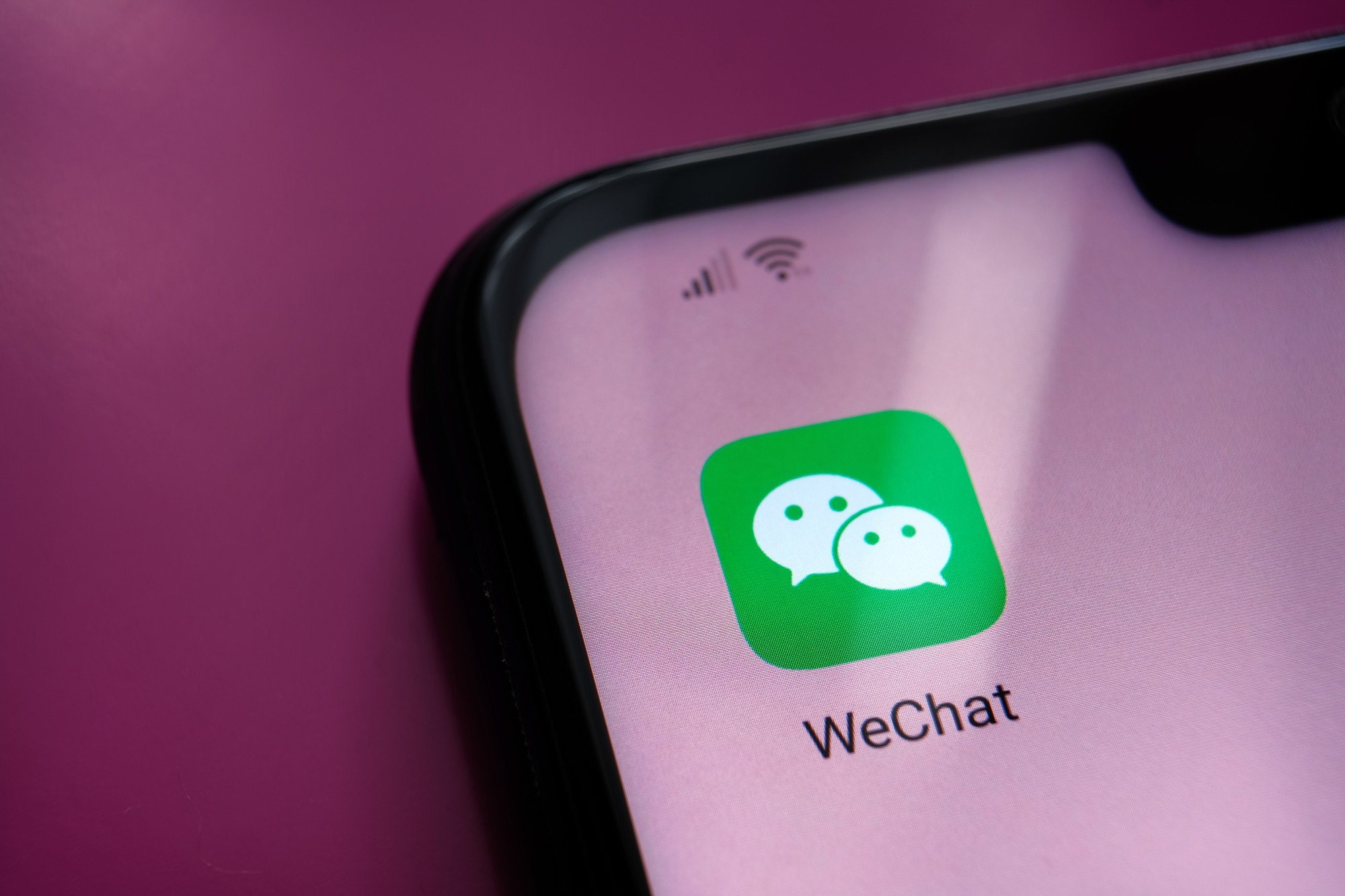Комментарии 0
...комментариев пока нет
Tencent’s WeChat requires disclosure of AI-generated content to combat misinformation
Major domestic and international social media operations – including Bilibili, ByteDance-owned Douyin and TikTok, Google’s YouTube and Facebook owner Meta Platforms – have implemented similar measures on AIGC.
Global hit short video platform TikTok last month automated the labelling of AIGC posts under a partnership with the Coalition for Content Provenance and Authenticity and the Adobe-led Content Authenticity Initiative. That comes a year after Chinese sibling Douyin introduced tools for watermarking AIGC. TikTok followed suit with the roll-out of AIGC-disclosure labels in September 2023.
Also last month, Chinese authorities launched an action plan on establishing AI standards. Work on “general, foundational, ethical, security and privacy standards” in large language models and generative AI will be intensified, according to a document released by the Central Cyberspace Affairs Commission, along with the Ministry of Industry and Information Technology and State Administration for Market Regulation.

In March, the Cyberspace Administration of China promised to clean up “unlabelled and likely misleading” AIGC in its latest campaign. The regulator demanded that online platforms remove accounts “that use computer-generated technology for spreading rumours, marketing or hype”.
Chinese authorities in May 2023 released the “Interim Measures for the Management of Generative Artificial Intelligence Services”. These measures encourage the application of generative AI across various industries, while safeguarding against illegal and non-compliant activities.
In February this year, the Guangzhou Internet Court ruled against a Chinese AI firm for infringing the intellectual property of Japanese company Tsuburaya Productions, copyright owner of the popular Ultraman superhero franchise, which granted an exclusive licence in China to plaintiff Shanghai Character License Administrative Co. In a significant legal precedent, the court found that the Chinese AI firm violated the 2023 AI measures for generating identical or substantially similar images of the Ultraman series.
WeChat’s AIGC-moderation policy also comes at a time when it has boosted the promotion of Channels, the app’s short-video and live-streaming feature. Channels directly competes against the services of Douyin and Kuaishou Technology.
Tencent last month reported a more than 80 per cent year-on-year increase in total user time spent on Channels in the first quarter. Channels has become a major driver of Tencent’s advertising business.